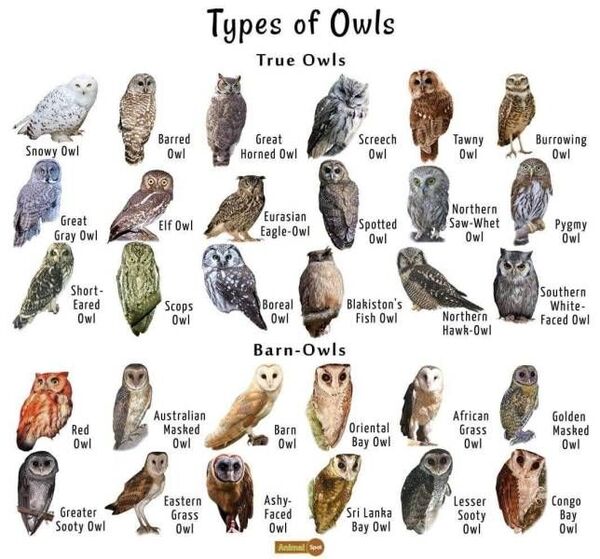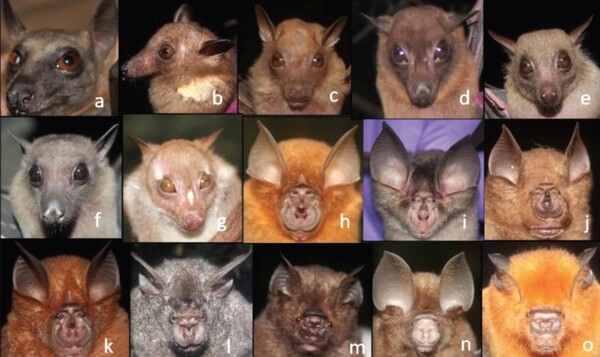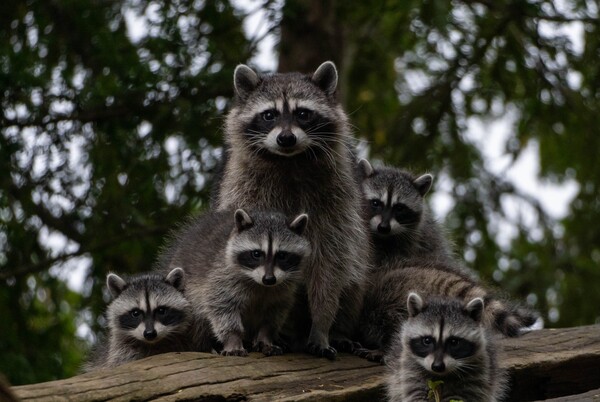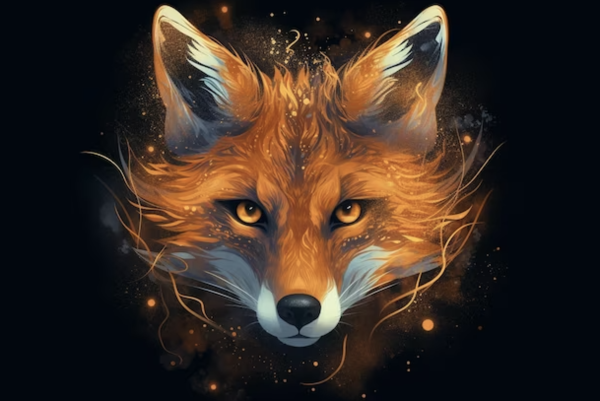Nocturnal animals have always fascinated people with their unique adaptations for life at night. However, many individuals find these creatures a bit frightening. But are nocturnal animals really scary? In this article, we’ll explore what makes these animals special, debunk common myths, and help you appreciate their role in the ecosystem.
Nocturnal animals are those that are active during the night and rest during the day. This includes a wide range of species, such as:
Owls: Known for their exceptional night vision and silent flight.

Bats: Often misunderstood, these mammals play a crucial role in pest control.

Raccoons: Intelligent scavengers that thrive in urban environments.

Foxes: Clever hunters that adapt well to various habitats.

Mysterious Behavior: The nighttime habits of these animals can seem strange and unpredictable. Their ability to move silently and appear suddenly can startle people, leading to fear.
Cultural Myths: Many cultures have depicted nocturnal animals in folklore as harbingers of bad luck or evil. These stories can shape our perceptions and make these creatures seem scarier than they are.
Lack of Familiarity: People often fear what they don’t understand. Since nocturnal animals are less visible during the day, many people don’t have a chance to observe their behavior and learn more about them.
While nocturnal animals may seem intimidating, most are not dangerous. Here are some facts to consider:
Adaptations for Survival: Nocturnal animals have evolved special adaptations that allow them to thrive in the dark. For instance, their heightened senses, like improved night vision and acute hearing, help them navigate and find food.
Beneficial Roles: Many nocturnal animals play essential roles in the ecosystem. Bats, for example, are vital for controlling insect populations, while owls help manage small rodent populations.
Generally Avoidant: Most nocturnal animals prefer to avoid humans. They are often shy and will flee if they sense human presence.
Instead of fearing nocturnal animals, consider these tips for appreciating them:
Learn About Them: Educate yourself about the behavior and ecology of nocturnal animals. Understanding their role in nature can help reduce fear.
Nighttime Exploration: If you’re comfortable, take a guided night walk in a safe area. Observing nocturnal animals in their natural habitat can be an exciting experience.
Support Conservation Efforts: Many nocturnal species are threatened by habitat loss and other human activities. Supporting wildlife conservation can help protect these fascinating creatures.
In conclusion, while nocturnal animals may seem scary at first glance, they are generally harmless and play vital roles in our ecosystems. By learning more about them and appreciating their unique adaptations, we can shift our perspective from fear to fascination. So next time you hear a rustle in the bushes at night, remember that it might just be a harmless nocturnal creature going about its business.
animal tags: Foxes
We created this article in conjunction with AI technology, then made sure it was fact-checked and edited by a Animals Top editor.